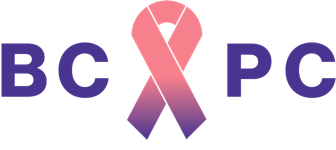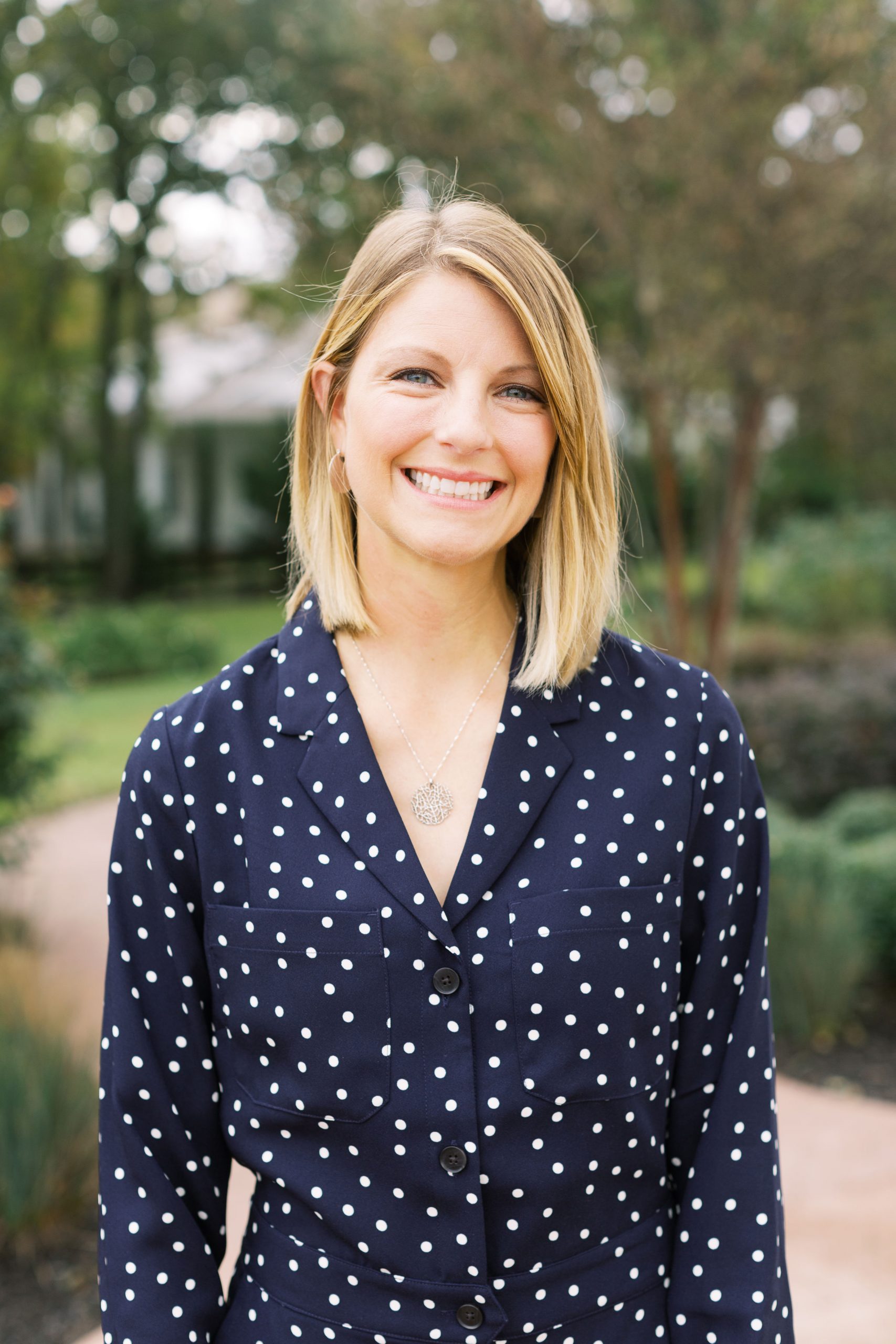When Lauren L. was diagnosed with breast cancer, she dove headfirst into treatment. Externally, she was going through fertility preservation, chemotherapy, surgery, and radiation. But internally, Lauren was separated from it all. She was powering through her treatment with blinders on. It wasn’t until her treatment came to an abrupt end that Lauren was able to process what she had been through. For Lauren, survivorship was where her journey really began, and it was both the hardest thing, and the most rewarding.
Lauren’s Diagnosis and Treatment
Lauren was only 29 years old when she discovered two lumps during a yoga class. She also experienced some pain, so she thought that she had only pulled a muscle. But when the lumps didn’t go away, she decided to see her OB/GYN. Lauren knew that at least one person in her family had breast cancer, so she wanted to make sure she checked it out.
Because she was so young, her doctor was almost certain that the lumps were not breast cancer. Even still, her OB/GYN told her to get an ultrasound, but Lauren wasn’t concerned and so she put off making the appointment.
It wasn’t until months later that she finally went in for the imaging. On the day of her appointment, Lauren says:
“That day, I would have an ultrasound, I would have a mammogram, and I would have three biopsies. And I would leave there pretty much knowing that I had breast cancer.”
They didn’t confirm it until the next day—stage three, triple-positive breast cancer.
Lauren started her treatment almost immediately after her diagnosis. First, she underwent fertility preservation and froze her eggs. She and her husband had plans of having a family. After that, she started chemotherapy. She tested positive for the BRCA gene, so she opted for a double mastectomy to reduce her risk of recurrence. After the surgery was radiation. And just like that, within a year, Lauren’s treatment was over.
Survivorship Was the Hardest Part
For Lauren, the end of treatment came unexpectedly. It wasn’t that she thought treatments would go on forever. It was that after being so used to going to her appointments and focusing so intently on her treatment, she never thought about how it would all one day stop. She says:
“Going into survivorship was the hardest thing. Chemo stunk. Surgery stunk. Radiation was horrible. But you don’t think that, after all of this, it’s just going to end. I think they should tell you that, eventually, your treatment ends. You know that, but you jump in so quickly that it becomes your routine.”
Something that Lauren did not think about, and most people don’t think about, is support after cancer. Family and friends are there for you in the beginning, but when the cancer cells are gone, they may not think they’re needed anymore. But this is far from the truth. As Lauren puts it:
“Everyone is like, ‘Wow, you’re better! Your hair is coming back,’ or ‘Your chemo brain is gone,’ or ‘You’re looking better. You look good.’ So, everyone kind of vanishes and moves on. And it’s hard to transition into that every day of not having treatment and not having the support. It is a new normal, but it’s almost just like getting back to your own life. But how do you do that?”
After treatment, Lauren wanted to get back to her own life, but that life was going to look different. It was the hardest part, but it’s where her breast cancer journey really started.
It wasn’t the smoothest beginning. With cancer, it never is. Lauren says:
“It was about a year after I finished the main treatment before I kind of had a mental breakdown.”
Lauren had worked through all her treatment and she believes that, although it kept her mind off her cancer, work only added to the stress and prevented her from coming to terms with her experience. When she returned to work full-time after her treatment was over, she quickly realized that she needed to make a change. She left her job and that’s when she was able to start unpacking the year of her life that had gone by so quickly.
Lauren recognized that she was struggling with her transition to survivorship so she decided to try therapy. The first therapist she met with was focused on helping people deal with their experiences with cancer. But Lauren soon realized that her cancer treatment wasn’t the only thing that she needed to deal with. There were personal things about life in general that she wanted to talk through, as well. As a result, she changed therapists and since then, she’s found great success in going to therapy.
It was also not until after her treatment that Lauren sought out cancer support groups. Through these groups, Lauren has been able to find support from young breast cancer survivors like herself, something that she wasn’t able to do during treatment.
After her own diagnosis, Lauren had a few friends who were also diagnosed with breast cancer. She found herself being a support for them and thought if she was going to support them, why not support even more breast cancer patients? She says:
“It took me a few years to realize I needed to share my story.”
And though it took some time, Lauren started her blog called Liv and Let. Lauren identifies herself as a private person, but she was compelled to share her breast cancer story and to bring more awareness around what it’s really like to go through it.
On her website, she encourages young people to talk to their family about their history with cancer. Lauren had known that her grandmother had breast cancer, but it wasn’t until after her diagnosis that she found out her aunt had breast cancer as well. After Lauren discovered she was BRCA positive, her sister got tested and discovered that she was also positive. It’s valuable, life-saving information to have, information that you can miss if you avoid talking about it.
Liv and Let also feature a calendar of events and a resource page that lists recommended products for breast cancer patients.
Recently, Lauren has launched a care crate service called Giv as another part of her website. Caregivers or patients can order a personalized crate full of products picked by Lauren. She chooses the contents of the crate according to the patient’s unique needs. The products are all-natural and are made by survivors, women-owned companies, or businesses that give back to the community.
Lauren is an incredible example of the uniqueness of everyone’s breast cancer journey. By sharing her story, she’s able to give the kind of support that she didn’t necessarily get during her own treatment and encourage patients to take advantage of the support that she overlooked.
Starting a Family After Breast Cancer
Lauren and her husband wanted to start a family after Lauren’s treatment but weren’t exactly sure how they were going to do it. Because Lauren had gone through fertility preservation, they had a few options.
Lauren is still on Tamoxifen, and in order to get pregnant, she would have to get off of it.
She and her husband talked about it and decided that it was best that Lauren stays on the medication.
They considered their remaining options: adoption and surrogacy. They soon decided that surrogacy was right for them. It was a difficult process, Lauren says, but it brought them their daughter, who is now two and a half years old, and they are extremely happy.
Lauren’s Advice
There are a few things that Lauren wished she would have known when she was first diagnosed. The first is that survivorship is hard. The second is the importance of self-care. Often, Lauren would hide her true feelings from herself and others, so people thought she was fine, even when she wasn’t. It’s okay to not be fine and to show people that so they can support you.
Lauren also expressed that support should be presented to patients all throughout their treatment, not just one time in the beginning. Sometimes, she didn’t feel like she needed support, but the times when she did, Lauren wasn’t sure how or where to find it. That’s why she started her blog, Liv and Let, and that’s also why BCPC was created. Online resources are always available and BCPC will be here when you need that extra support.
If you haven’t yet, sign up with BCPC and join our community. You can connect with patients, survivors, caregivers, and other breast cancer advocates. Join the conversation. Your story is someone else’s support.



